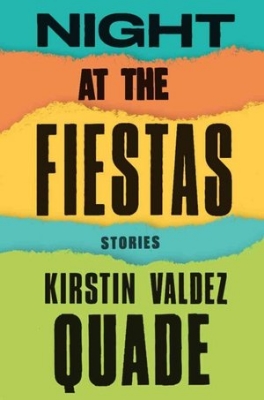Songs, Stories, and Spirits jams unwanted opinions on good music, good stories, and good booze down your ears, eyes, and throats on a drunkenly basis. We hope you enjoy. And if you don’t, there is a comment section below that we more than welcome you to ignore! Cheers!
By Stephanie Schaefer
Song: “Summertime,” by Ella Fitzgerald
Nothing complements the long, hot days of summer quite like smooth jazz. Originally composed by George Gershwin for the 1935 opera “Porgy and Bess,” “Summertime” was popularized by Ella Fitzgerald, and has also been recorded by the likes of Billie Holiday, Louis Armstrong, Janis Joplin, and more. While pop music and today’s “songs of summer” tend to fade with the September chill, this classic tune is immortal.
Story: Eligible by Curtis Sittenfeld
Curtis Sittenfeld’s modern retelling of one of my favorite novels, Pride and Prejudice, is an entertaining beach read. The book, which deals with similar themes as the original, focuses on a 21st century Bennet family, headed by a stubborn patriarch and money-hungry matriarch who hope to marry their five unwed daughters off to rich suitors. Sittenfeld successfully takes the traditional tale and weaves in present-day fads (think CrossFit, Paleo diets, and reality television). The sarcastic humor and over-the-top characters make for a page-turner even if some aspects of the plot seemed far-fetched. I highly recommend it to anyone looking for a light-hearted read this summer.
Spirit: Romance and Rosé
This summer, see the world through rosé-colored glasses. I don’t know exactly when the light and refreshing wine became so trendy, but it doesn’t show any signs of stopping (I mean, there’s currently a 14,000-person waiting list for rosé-infused gummy bears and you can now buy the popular drink in a can, so move out of the way overly-sugary Lime-A-Ritas). I prefer a pale-colored Provence rosé because it’s crisp, dry, and pairs great with summer meals like lobster rolls and grilled chicken. 'Tis the season to relax, and there’s no better way to do so than with a glass of wine and a good beach read. Plus, why choose between red and white wine when you can have pink?




















